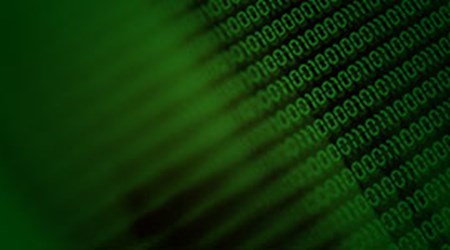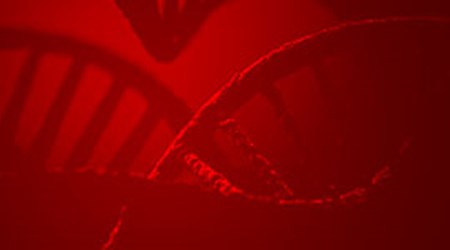Begin Your Quantum Journey
Apply for the Leap Quantum LaunchPad™ program to accelerate your exploration, development, and implementation of quantum and hybrid-quantum applications. Qualified participants get access access to D-Wave technology and support resources for a 3-month free trial period.
Start Building Quantum Applications Today
Our customers are building quantum applications for problems as diverse as logistics, financial services, drug discovery, materials sciences, scheduling, fault detection, mobility, and supply chain management. What problem can we help you solve?
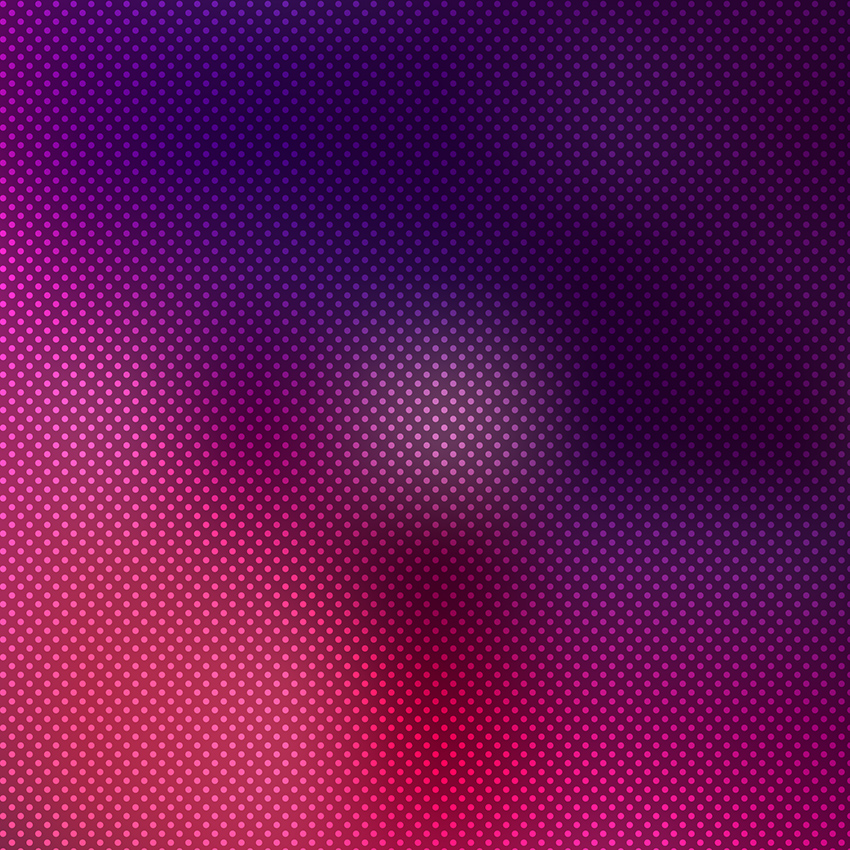

Your On-Ramp to Quantum Development
Easily access everything you need to integrate quantum into your workflows and start building quantum applications today: hybrid solvers, open-source tools and software development kit (SDK), libraries and code examples, demos, full-featured online IDE, documentation, resources, and more—all at your fingertips.
-
Hybrid Solvers
With our hybrid solver service you can solve complex problems of up to 1,000,000 variables and 100,000 constraints. It automatically runs on quantum and classical resources based on D-Wave’s advanced algorithms.
-
Seamless IDE Support
The Leap quantum cloud service seamlessly supports Codespaces and other IDEs, local or cloud-based, that conform to the Development Containers ("devcontainers") specification.
-
Code Examples
Shorten application development time by searching for and running working examples by industry, problem type, and tools or techniques.
-
Real-time Access
Real-time means that quantum computers are shared resources that continually process user-submitted problems. Problems are processed in milliseconds, and solutions are typically returned within seconds.

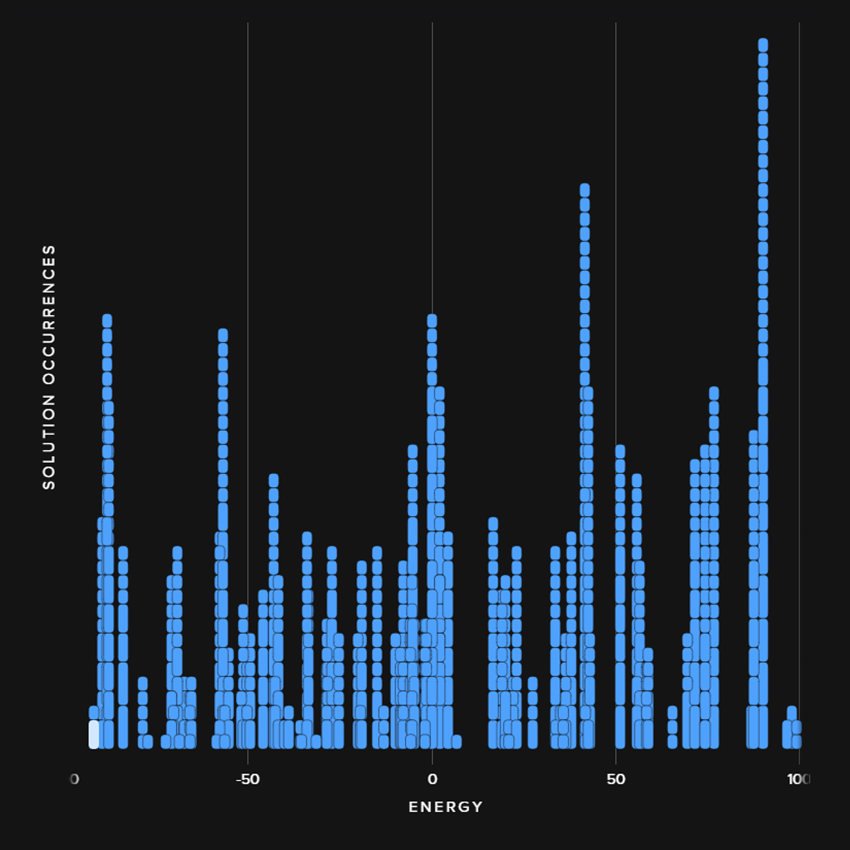
Explore Open-Source Tools in the Ocean SDK
Ocean is a suite of open-source Python tools accessible on both the D-Wave GitHub repository and within the Leap quantum cloud service. Ocean empowers developers to experiment, rapidly develop, and harness the power of the Advantage2™ quantum computer to solve complex problems


Developer Resources
Get started quickly and ramp up fast with robust documentation, real code examples, demos, libraries, templates, and more.
Business Resources
Learn how quantum computing can bring value to your business today through customer case stories, whitepapers, and more.
Go From Problem Discovery to Deployment with D-Wave Launch
Ready to get started but not sure how? D-Wave Launch is the on-board to quantum computing. It has been designed to help enterprises go from problem discovery through production implementation.



Problem Discovery
Identify the best use case for quantum

Quantum Proof of Concept
Develop a quantum PoC and prototype application

Production Pilot
Run a limited production-scale deployment

In-Production
Get your application up and running across your business
Craving Collaboration? Engage the Thriving Community and Join the Conversation
Whether you have business or technical questions, are looking for inspiration, or want to showcase your work, our community is a place where you can learn from other passionate quantum developers.
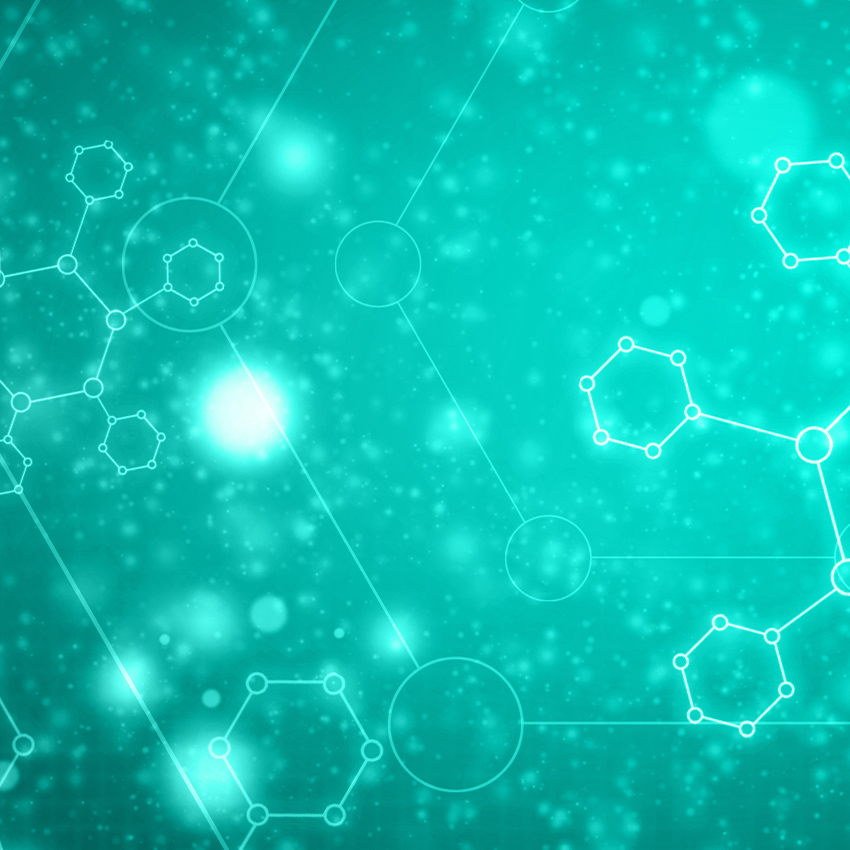

Frequently Asked Questions
The D-Wave Launch program is designed to help enterprises go from problem discovery through production implementation. Bringing together a team of applications experts and a robust partner community, the D-Wave Launch program provides support to help identify the best applications and translate businesses' problems into quantum hybrid applications.
- Problem Discovery: Identify your key quantum use cases, explore solutions for these use cases, and prepare to build a Quantum Proof of Concept.
- Quantum PoC: Build a working prototype or proof of concept using real application data and develop plans for building and piloting a full-scale production application.
- Production Pilot: Build, test, and deploy your production application in a pilot phase and prepare for full-scale production deployment.
- In Production: Deploy the live application at a full production scale.
Sign up for Leap to get access to everything you need to send problems to our quantum computer and hybrid solvers.
- Visit https://cloud.dwavesys.com/leap/signup/.
- Enter your email address and other information required by the form. Your email address is how we identify you in our database, so it's the one piece of information that you won't be able to change.
- Read and accept the Leap Terms & Conditions and Privacy Policy.
- Start your quantum journey.
Leap, launched in 2018, is the real-time quantum cloud service from D-Wave Systems. Leap brings quantum computing to the real world by providing cloud access to our systems. Through Leap, you can learn about the types of problems that the D-Wave quantum computer can solve, run interactive demos and coding examples that submit problems to a quantum computer, access the hybrid solver service to run real-world problems of up to 1 million variables, access the open-source Ocean developer tools, build and run your code using the latest developer tools, and join the growing conversation in our community of like-minded users. Take the Leap today.
Different types of quantum computers are good at solving different types of problems. The annealing quantum computer is best at solving optimization problems. For example, Sigma-i, a Japanese start-up, created a quantum computing-powered scheduling tool that intakes a multitude of constraints using D-Wave's quantum computer to coordinate thousands of employees' schedules.
Recently there have been questions about the gate model’s ability to solve optimization problems. In fact, recent publications show that the pre-processing overhead and poor performance of gate-model systems on optimization problems make these systems ineffective in this class of problem. [e.g., see E. Campbell, A. Khurana, A. Montenaro, “Applying quantum algorithms to constraint satisfaction problems’’, Quantum 3, 167 (2019)].
In an optimization problem, we search for the best of many possible combinations. Optimization problems include scheduling challenges, such as "Should I ship this package on this truck or the next one?" or "What is the most efficient route a traveling salesperson should take to visit different cities?" Physics can help solve these sorts of problems because we can frame them as energy minimization problems. In nature, systems tend to seek their minimum energy state. Objects slide down hills; hot things cool down over time. This behavior is also true in the world of quantum physics. Quantum annealing simply uses quantum physics to find low-energy states of a problem and, therefore, the optimal or near-optimal combination of elements.
D-Wave's quantum computer leverages quantum dynamics to accelerate and enable new methods for solving discrete optimization, sampling, material science, and machine learning problems. It uses a process called quantum annealing that harnesses the natural tendency of real-world quantum systems to find low-energy states. If an optimization problem is analogous to a landscape of peaks and valleys, each coordinate represents a possible solution, and its elevation represents its energy. The best solution is with the lowest energy corresponding to the lowest point in the deepest valley in the landscape.
A quantum hybrid approach allows developers to use the powers of both quantum and classical resources today and reap the benefits of the ongoing performance gains in quantum computing development tomorrow. As the processor power grows, annealing quantum computers promise to provide unrivaled performance on certain types of tasks, like solving complex optimization problems. Quantum and classical computing technologies have complementary strengths that benefit applications.
The hybrid solver service (HSS) in Leap provides access to cloud-based quantum-classical hybrid solvers. These hybrid solvers, which implement state-of-the-art classical algorithms and intelligent allocation of the quantum processing unit (QPU) to parts of the problem where it benefits most, are designed to accommodate even very large problems. Leap currently has hybrid solvers that accept two problem forms:
- Binary quadratic model (BQM): Problems have binary valued variables {0,1} or {-1,+1}
- Discrete quadratic model (DQM): Problems have variables that represent a set of values such as {red, green, blue, yellow} or {3.2, 67}.
Submit problems to the hybrid solvers via Ocean using the D-Wave system tool's LeapHybridBQMSampler or LeapHybridDQMSampler.
See the Ocean documentation for more information.
D-Wave has published several papers that show evidence of quantum effects such as superposition, quantum tunneling, and entanglement. Highlights include:
-
Entanglement in a Quantum Annealing Processor, by Lanting et al.
-
Quantum Annealing with Manufactured Spins, by Johnson et al.
-
Experimental Demonstration of a Robust and Scalable Flux Qubit, by Harris et al.
Nearly twenty years ago, we made a deliberate decision to pursue quantum annealing in order to deliver practical value to customers as soon as possible. This proved to be the right choice — annealing is uniquely designed for optimization both today and in the future. Just look at our 250+ customer-built applications as proof. In fact, recent publications state pre-processing overhead and poor performance of gate-model systems make them ineffective for optimization. We remain just as committed to our investments in and development of annealing systems. However, gate-based, error-corrected systems will be important for other use cases like quantum chemistry. We know our customers want both because they expect their quantum investments will make sound business sense today, while futureproofing for the longer term.
For more information, you can read the following papers:
- Training variational quantum algorithms is NP-hard — even for logarithmically many qubits and free fermionic systems
- Willsch et al. Quantum Information Processing, 2020
- Ushijima-Mwesigwa et al. ACM Transactions on Quantum Computing, 2021
- An investigation of IBM quantum computing device performance on combinatorial optimisation problems


